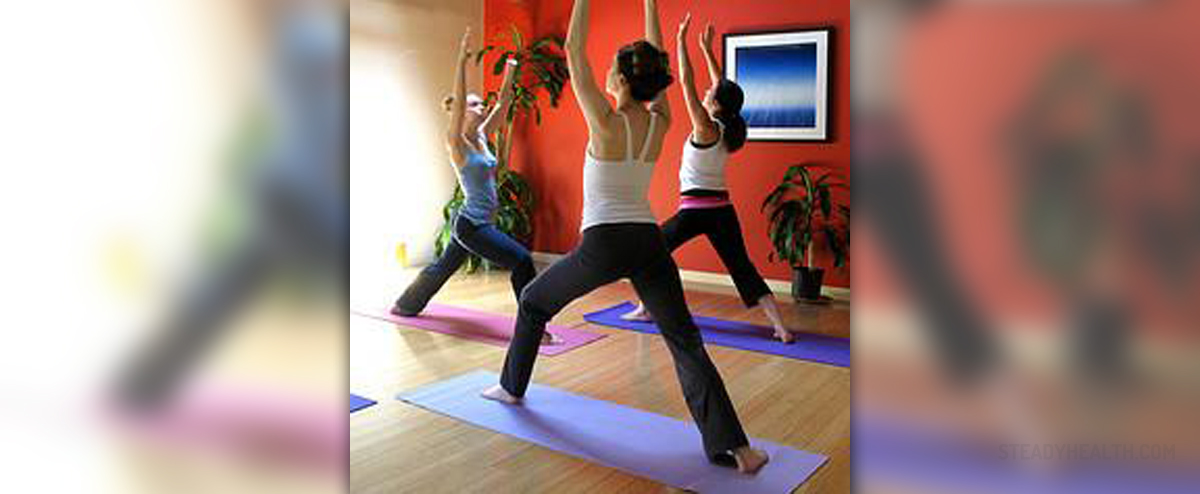
Having AIDS or being HIV positive is not something that can prevent you from enjoying healthy life full of exercising. Staying physically active will keep you stronger and more capable of dealing with everything this disease brings. Also, it will boost your immune system. In the past, people with HIV were left to suffer from health problems, awaiting for their death. Today, however, you have numerous drugs and treatments which will help you live a life full of joy. Add regular exercise to this life and you will get health and happiness amplification.
Positive Sides of Exercising
Exercising will boost your muscles mass and make your bones stronger. Moreover, it will keep your heart healthy by reducing cholesterol levels in the blood. Through working out, you will gain energy and better blood circulation, along with improved bowel function and reduced stress levels. Finally, your lung capacity will increase, you will sleep better and you will eat more healthy food due to a boost of appetite exercising brings.
However, before you start your exercise routine, share your plans with your doctor and ask about the safety behind them. Your doctor may recommend you to modify your therapy or to take up certain exercise plans which are designed for battling your condition.
Your Exercise Plan
Basically, walking, cycling or performing some household chores for about 45 minutes will be more than enough for you to stay physically active. Staying consistent is crucial. So, make sure you stick to the schedule and repeat your workouts 3 times a week.
You need to incorporate two types of training into your routine. The first one is resistance training and the second aerobic training.
Resistance training helps people with HIV to prevent loss of muscles, which goes hand-in-hand with this disease. Basically, this kind of training makes you push or pull weights such as barbells, dumbbells or certain machines found in the gym. Also, if you do not own any of these, filling a plastic container with water or sand will do. Alternatively, you can use your own bodyweight by performing push-ups or pull-ups. If you end up with sore muscles, take a day off and start with less repetitions next time.
As for aerobic exercises, these are walking, cycling, jogging, running, swimming and hiking, along with many others. These strengthen the heart and increase your immunity. Here, heart rate is crucial and you must learn how to control and maintain it for 20 minutes at least. This may not be easy but, through regular exercise, you will reach this level. As long as you can talk while you exercise you are not going overboard. If you can sing, on the other hand, you are going too easy. Finally, keep in mind that you need to come home after an exhausting exercise session, so save some energy for this activity as well.


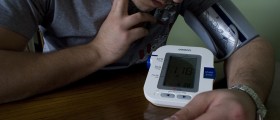

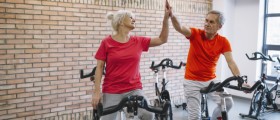

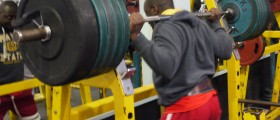
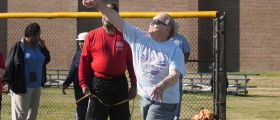
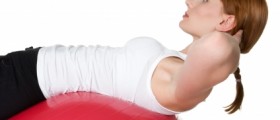
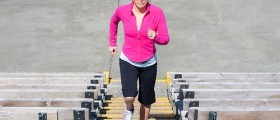



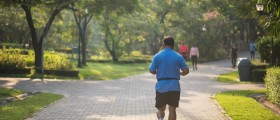

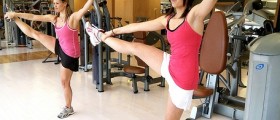

Your thoughts on this
Loading...